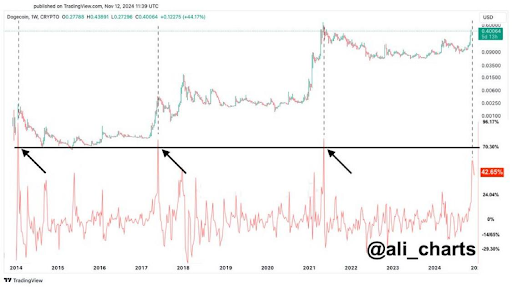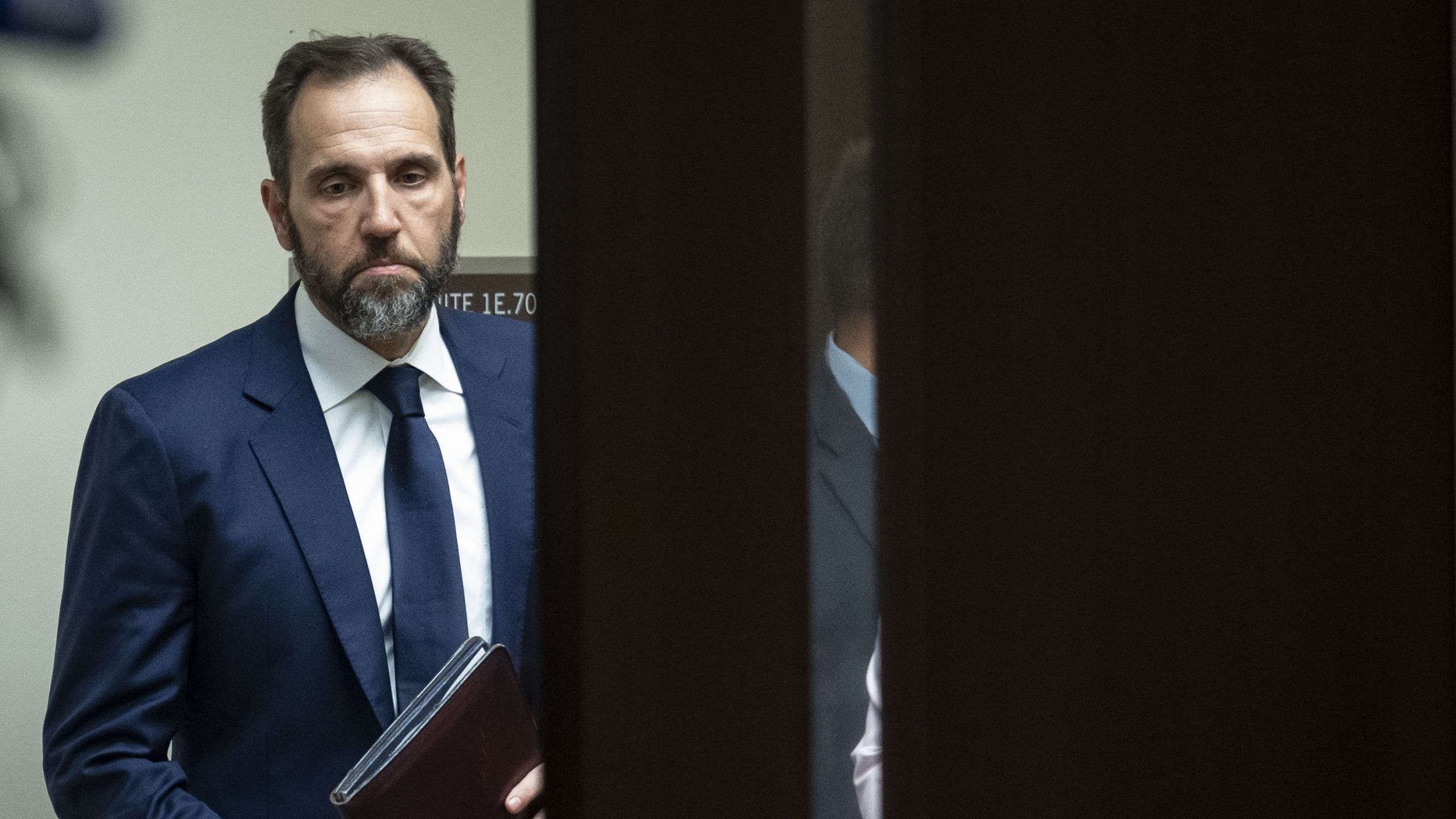

Good morning. Growth for Cava, the Mediterranean fast-casual restaurant chain, is still booming.
The company announced on Tuesday its earnings results for the third quarter ended Oct. 6. Revenue grew 39% to $241.5 million as compared to $173.8 million in the prior year quarter. Cava has had 15 consecutive quarters of revenue growth going back to Q1 2021, CFO Tricia Tolivar told me on Tuesday.
Q3 revenue growth was fueled in part by 11 net new restaurants in the quarter, Tolivar said. “However, our same-restaurant sales growth of 18% and driven by 12.9% traffic growth is also another significant contributor to the overall growth,” she added. “We do anticipate hiring to support that growth; we view our team members as assets and not expenses.”
Is it the juicy grilled steak option released at all Cava locations in June that’s luring customers to restaurants? In part, Tolivar said. In addition to new proteins like steak, the other factors driving foot traffic include Cava’s loyalty program, social media promotion, she explained, as well as newer restaurants gaining traction—and of course the food.
Brand awareness for the company is “up significantly” since its IPO debut in 2023, she said. And Cava has found that the brand is attracting diners of all age groups but there’s particularly been interest among Gen Zers, which is a trend expected to continue with Gen Alpha, Tolivar said.
The younger generation tends to seek more adventurous flavors and different experiences when dining, she said. “We think that’s another factor that’s supporting the growth we’re seeing,” she added.
In Q3, there were 11 net new Cava restaurant openings bringing the number of restaurants to 352, a 21.4% increase in total restaurants year over year. Its locations are primarily across the East Coast, the Southwest, and Southern California. The company is expanding into South Florida in early 2025, and into a couple of new markets in the Midwest, she said.
As CFO, I asked Tolivar if she has any external concerns as we head into 2025. She’s keeping an eye on interest rates. “Any inflationary pressure might have an impact on interest rates, where there would be fewer reductions, and that could translate into potential tightening in the real estate market,” she said.
But Tolivar is buffering the company’s pipeline. For example, if Cava has a target of opening 100 restaurants, they’d build a pipeline of 130 to compensate for any challenges, she said.
“We find that doing the right thing for the long term will drive the best return,” Tolivar said.
Sheryl Estrada
[email protected]
Leaderboard
Lance Tucker was named CFO of Jack in the Box Inc. (Nasdaq: JACK), effective Jan. 13. Tucker is currently CFO of Davidson Hospitality Group while having also served as CFO at CKE Restaurants Inc. and Papa John’s International, Inc. Tucker previously served as CFO of Jack in the Box from March 2018 to July 2020.
Arlen Shenkman was named CFO at technology company UKG, effective Jan. 6. Shenkman has more than 25 years of experience as a global technology executive. Previously, Shenkman was EVP and CFO of Citrix Systems, Inc., and he held multiple executive roles at SAP, including CFO of SAP North America and EVP and global head of business development and ecosystems.
Big Deal
The U.S. Bureau of Labor Statistics is scheduled to release its October 2024 CPI data this morning. The Consumer Price Index (CPI) is a measure of the average change over time in the prices paid by consumers for a representative basket of services and goods. The CPI is the most widely used measure of inflation.
Bank of America Global Research released its October U.S. CPI Inflation preview on Monday. The economists forecast that headline and core CPI rose by 0.1% and 0.3%, respectively, which would leave the year-over-year rate unchanged for both.
Although economic fundamentals suggest inflation should continue to moderate, there may be a risk to the outlook. “While we believe that inflation remains on a disinflationary trajectory, we now see the risks as clearly tilted to the upside,” according to the report. “These risks stem from potential policy changes rather than economic fundamentals. Indeed, we see pro-growth fiscal policy, tariffs, and tighter immigration as potential sources of upside inflation risk over the coming years if they are implemented.”
However, BofA economists think the October CPI report will be good enough for the Federal Reserve to follow through with a 25 basis points cut in December. The Fed cut its key interest rate on Nov. 7 by a quarter-point, which followed a 50-basis point cut in mid-September.
Going deeper
The 2024 Datarails CFO Sentiments survey finds that 57% of U.S. finance chiefs surveyed predict a decline in finance roles by 2026 as a result of AI adoption in the CFO organization. CFOs at finance, banking and insurance companies (59%) are most likely to predict a drop in finance roles due to AI adoption, followed by CFOs at software companies (57%). Just 27% of CFOs believe AI will have no impact on the number of finance roles by 2026, according to the report.
Another finding is that 70% of finance chiefs surveyed are set to invest in AI for the CFO’s office next year, following a period of experimentation. “We’re witnessing a new breed of financial leader betting on AI to drive business transformation and advance their career ambitions,” CEO and cofounder of Datarails Didi Gurfinkel said in a statement.
The findings are based on the views of 270 CFOs at U.S. companies with annual revenue between $50 million to $999 million.
Overheard
“I’d say that ML [machine learning] engineers, data scientists, and people in the broader AI science space, they’re the hottest job positions. They have been for a while, but they continue to be where you have the greatest demand for those roles and there’s such limits on the supply.”
—CEO of Glassdoor, Christian Sutherland-Wong, said during the Fortune Global Forum on Tuesday in New York. Sutherland-Wong weighed in on where he sees AI taking away positions or creating new ones.















